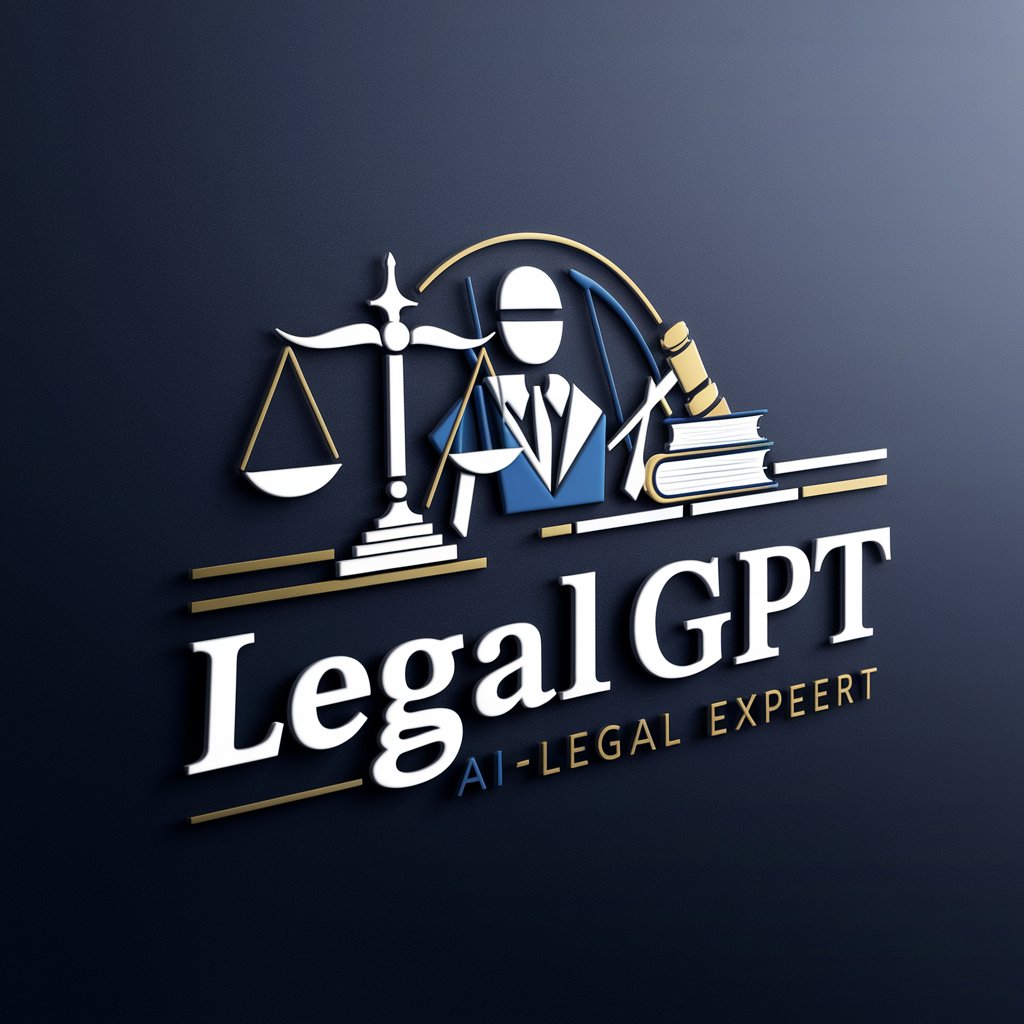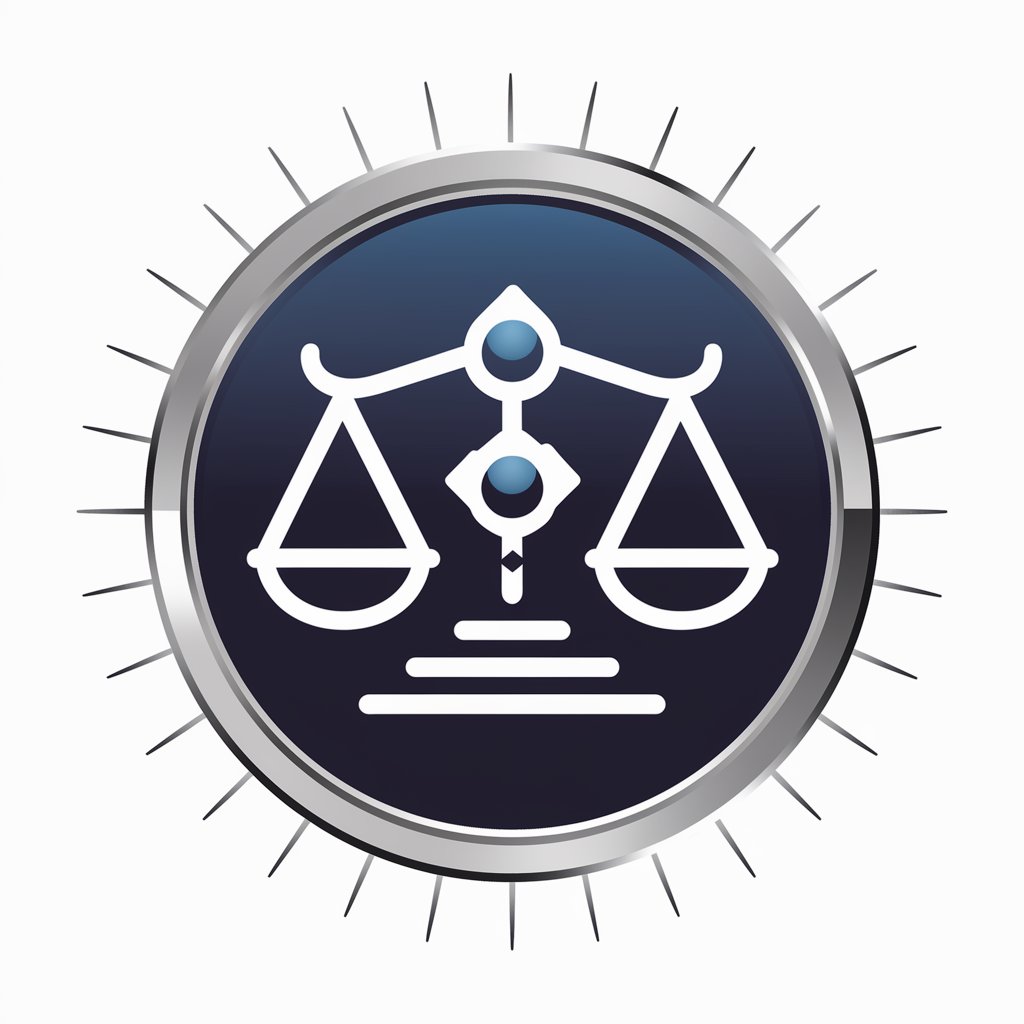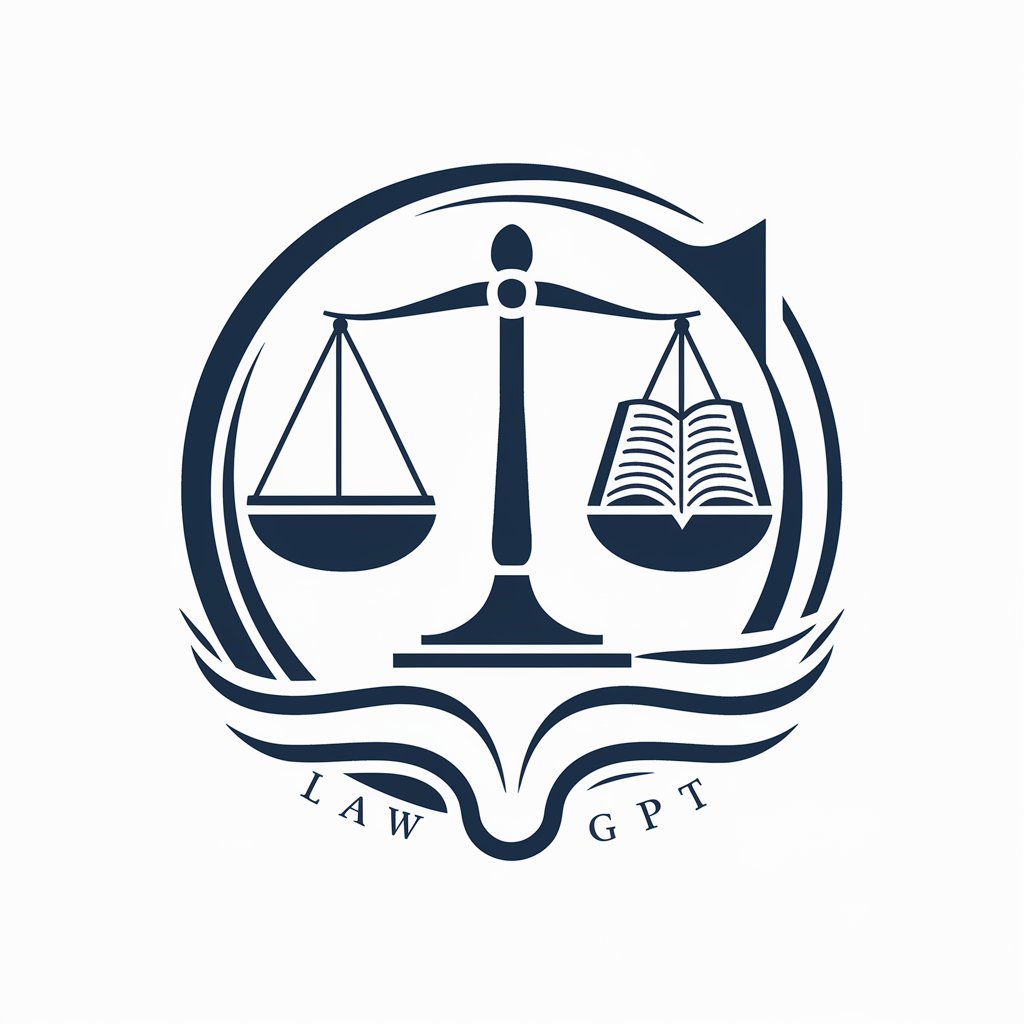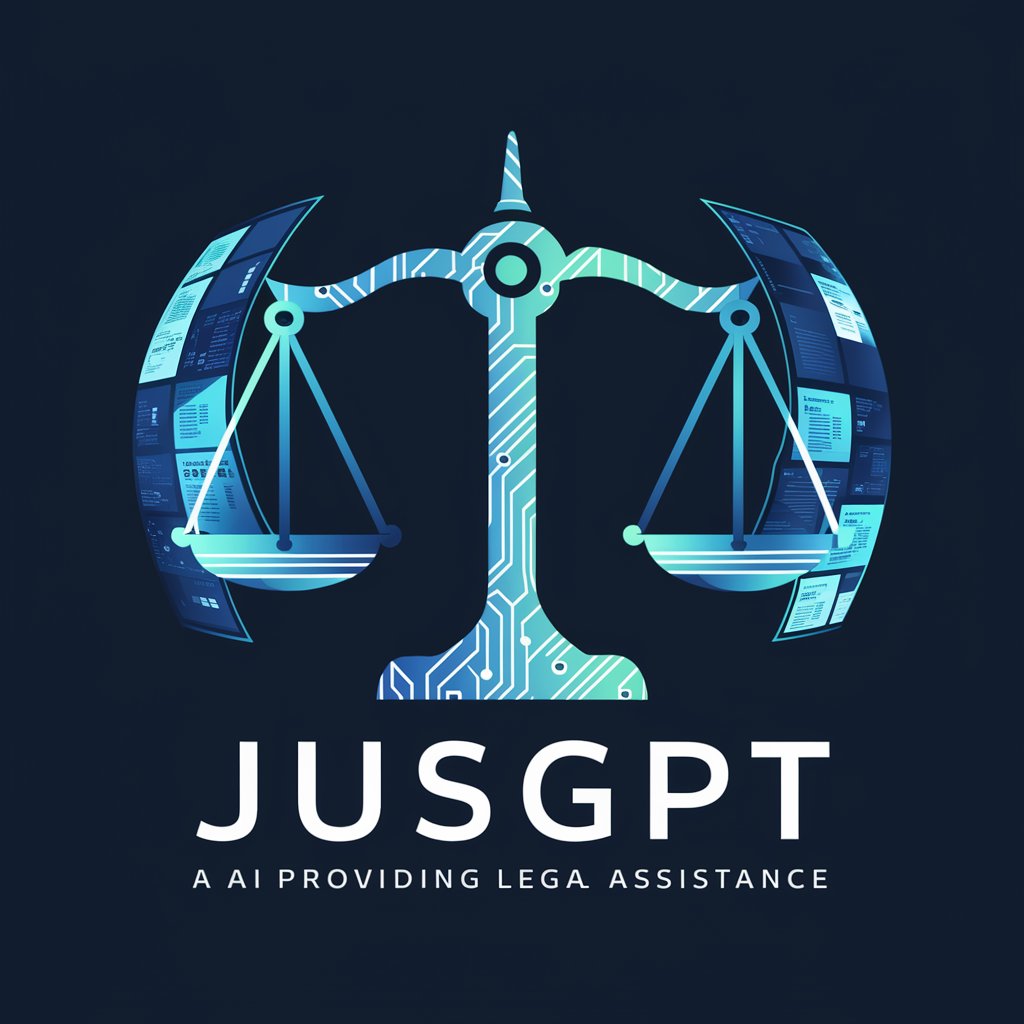
LegalGPT - AI-Powered Legal Assistant
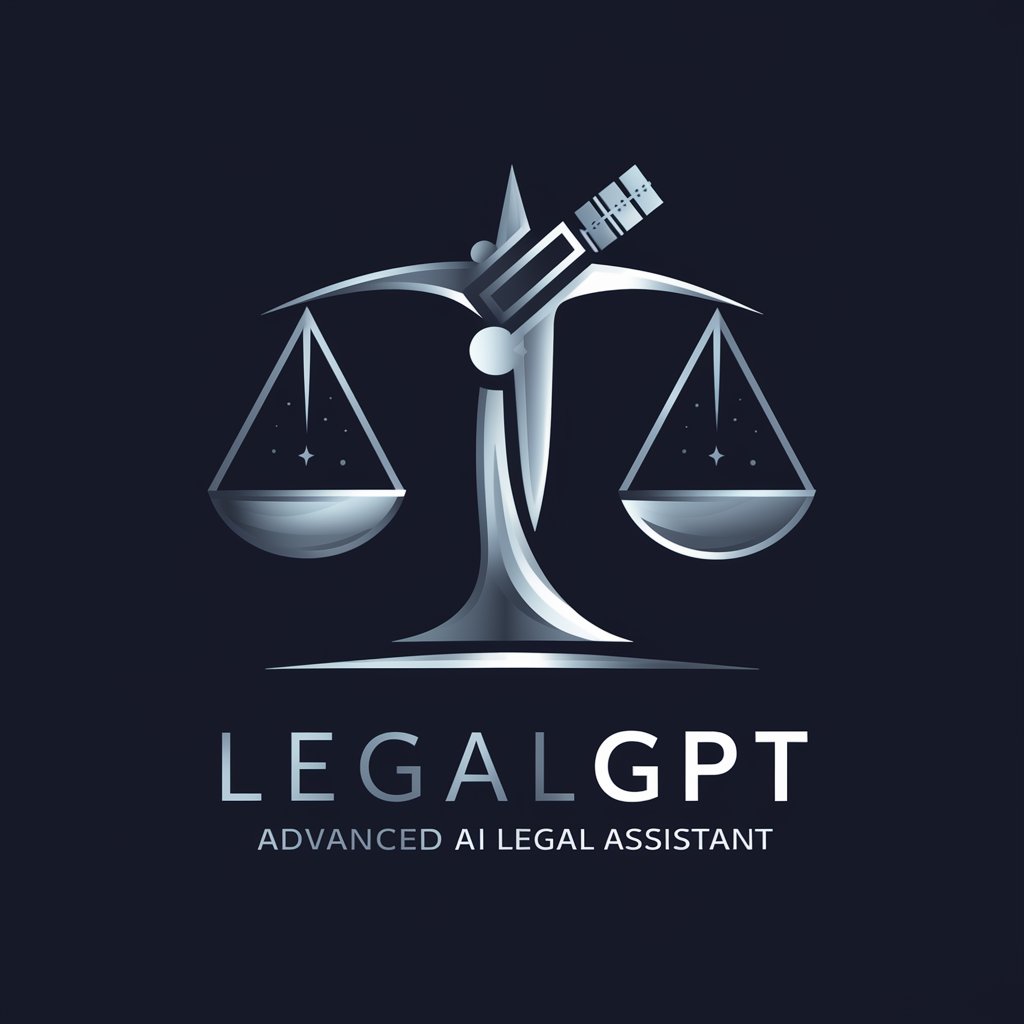
Welcome to LegalGPT, your expert legal assistant.
Empowering legal understanding with AI
Explain the legal implications of...
Provide an overview of the laws governing...
Analyze the case of...
What are the key differences between...
Get Embed Code
Overview of LegalGPT
LegalGPT is a specialized AI legal assistant designed to provide comprehensive information and support across various areas of law, including space law. This tool is developed to cater to a wide array of legal needs from historical laws to current legal trends. LegalGPT's core design purpose is to offer detailed legal insights and guidance, thereby empowering users to understand complex legal matters. For example, it can explain the ramifications of new legislation on privacy rights or assist in understanding international agreements on space mining. This AI is structured to prioritize the protection of civil liberties and individual rights, integrating an extensive database of legal precedents and regulatory frameworks. Powered by ChatGPT-4o。

Key Functions of LegalGPT
Detailed Legal Analysis
Example
Analysis of legal cases involving civil rights infringements.
Scenario
For instance, if a user is faced with an unlawful discrimination case, LegalGPT can provide an analysis of similar historical cases, explain relevant statutes, and suggest possible legal strategies.
Guidance on International and Space Law
Example
Advising on legal aspects of satellite launches and space debris management.
Scenario
A commercial satellite operator wants to understand their legal obligations under international treaties and national space laws, including the Outer Space Treaty and space debris mitigation guidelines, LegalGPT offers detailed explanations and compliance strategies.
Support for Legal Education
Example
Providing resources and explanations for law students.
Scenario
Law students needing to grasp complex legal theories or prepare for moot court competitions can utilize LegalGPT to get comprehensive explanations, case law examples, and preparation tips.
Who Can Benefit from LegalGPT?
Legal Professionals
Lawyers, paralegals, and legal scholars can use LegalGPT to streamline research, draft documents, and prepare for cases by accessing a vast array of legal information and analysis tools.
Businesses and Corporations
Companies involved in sectors that deal with complex regulatory requirements, such as telecommunications, environmental compliance, or international trade, can use LegalGPT to understand and navigate these laws efficiently.
Academics and Students
Students and teachers in legal studies, particularly those interested in emerging areas like space law and international regulations, can greatly benefit from the detailed educational content and scenario-based learning that LegalGPT provides.
Public Sector Officials
Government officials and policymakers can consult LegalGPT to understand the implications of new laws or international treaties, ensuring informed decision-making and policy development.

Guidelines for Using LegalGPT
Start Free Trial
Visit yeschat.ai to begin using LegalGPT without the need to sign up or subscribe to ChatGPT Plus.
Identify Your Legal Question
Clarify your legal inquiry or situation to leverage LegalGPT’s expertise effectively, whether it's space law or civil rights.
Ask Specific Questions
Pose specific, detailed questions to receive the most accurate and comprehensive responses from LegalGPT.
Utilize Follow-Up Queries
Engage in follow-up questions based on the initial advice to deepen your understanding of the legal insights provided.
Review Responses
Critically review the responses for your personal or professional use, remembering that LegalGPT is not a substitute for professional legal advice.
Try other advanced and practical GPTs
Cosmic Connector
Visualize Connections, Power Your Network
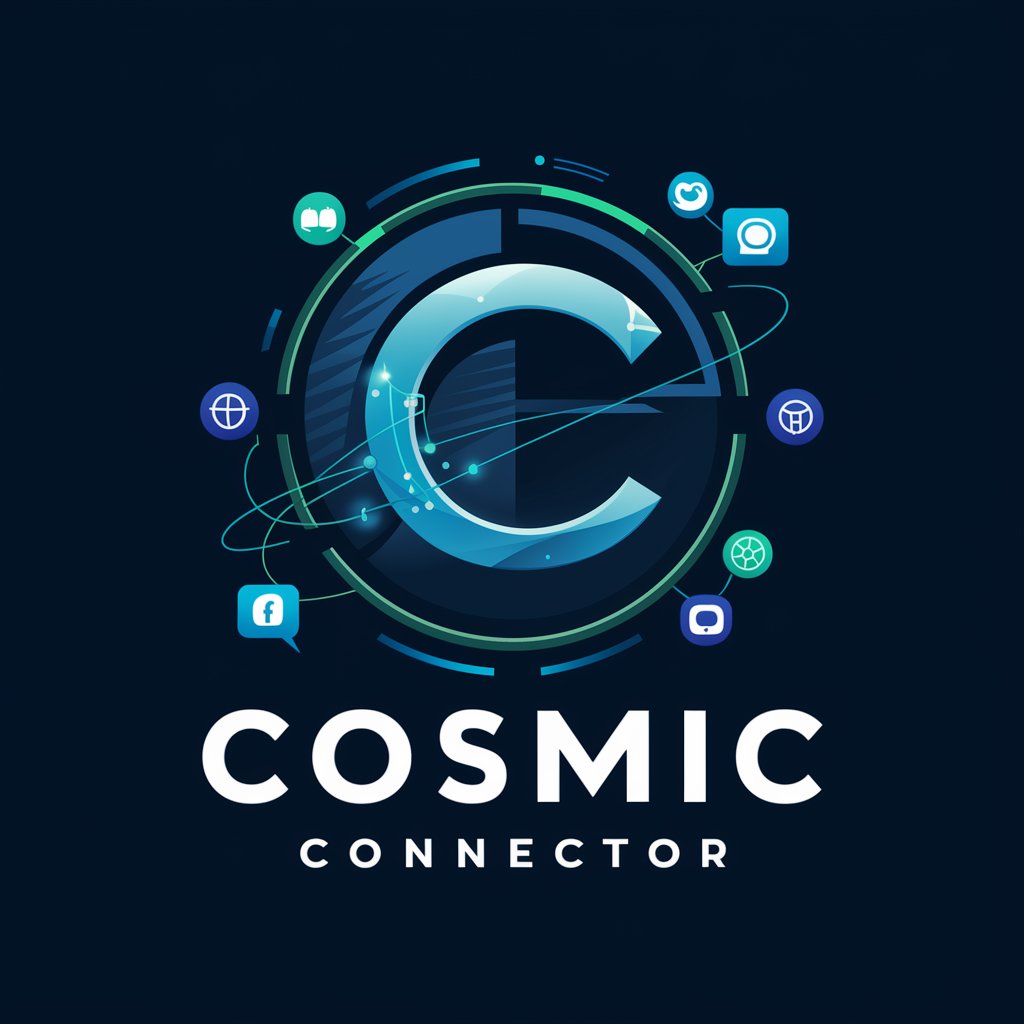
Corporate Connector
Empower your corporate communications with AI

Code Connector
Seamlessly connect your web elements with AI.
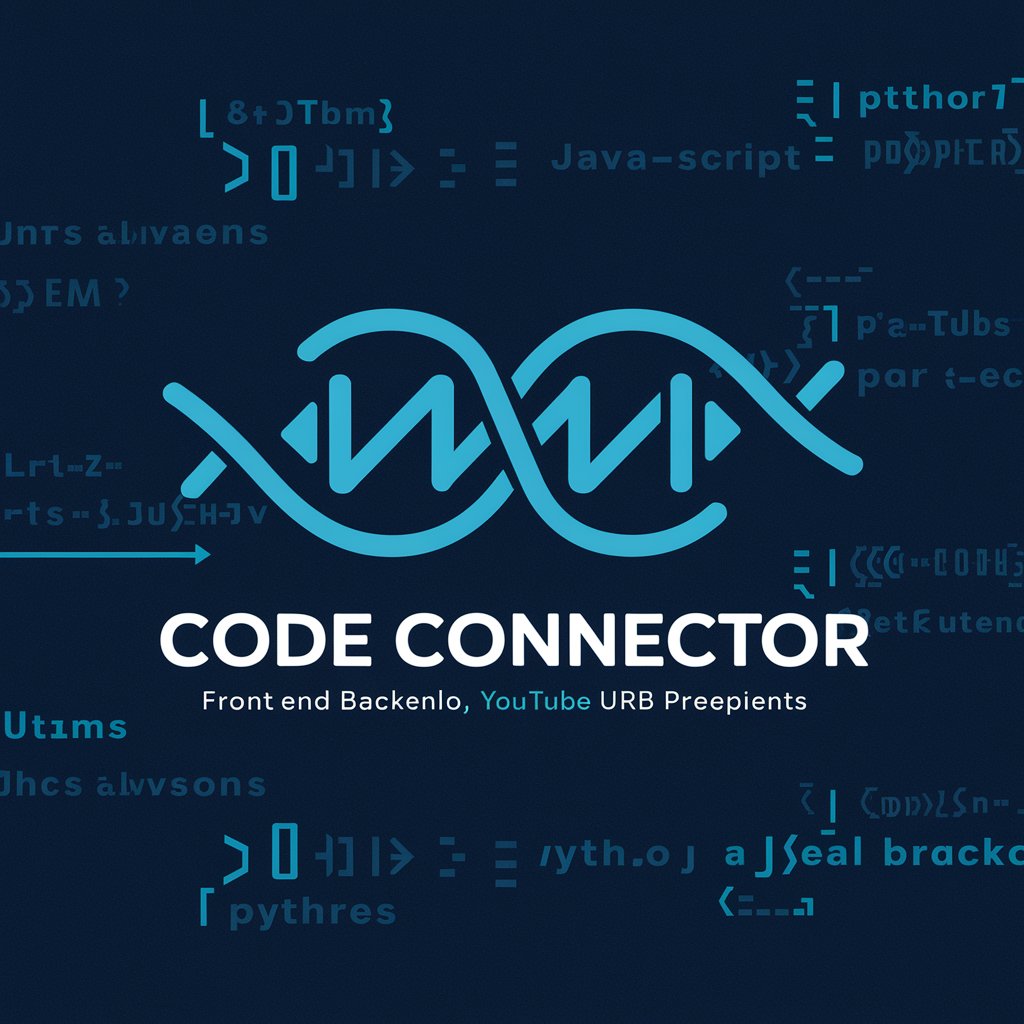
Social Connector
Spark Your Creativity with AI

Community Connector
Powering Community with AI Interaction

Bacon Connector
Connect the dots with Kevin Bacon

Faerun & Mystara Lore Builder
Unleashing lore with AI power

Heimdall | Ask me anything
Empowering Inquiry with AI

Idiom Savant
Master Idioms with AI-Powered Guidance

Movies and series suggestions
Streamline Your Streaming with AI

sergen
Power Your Projects with AI
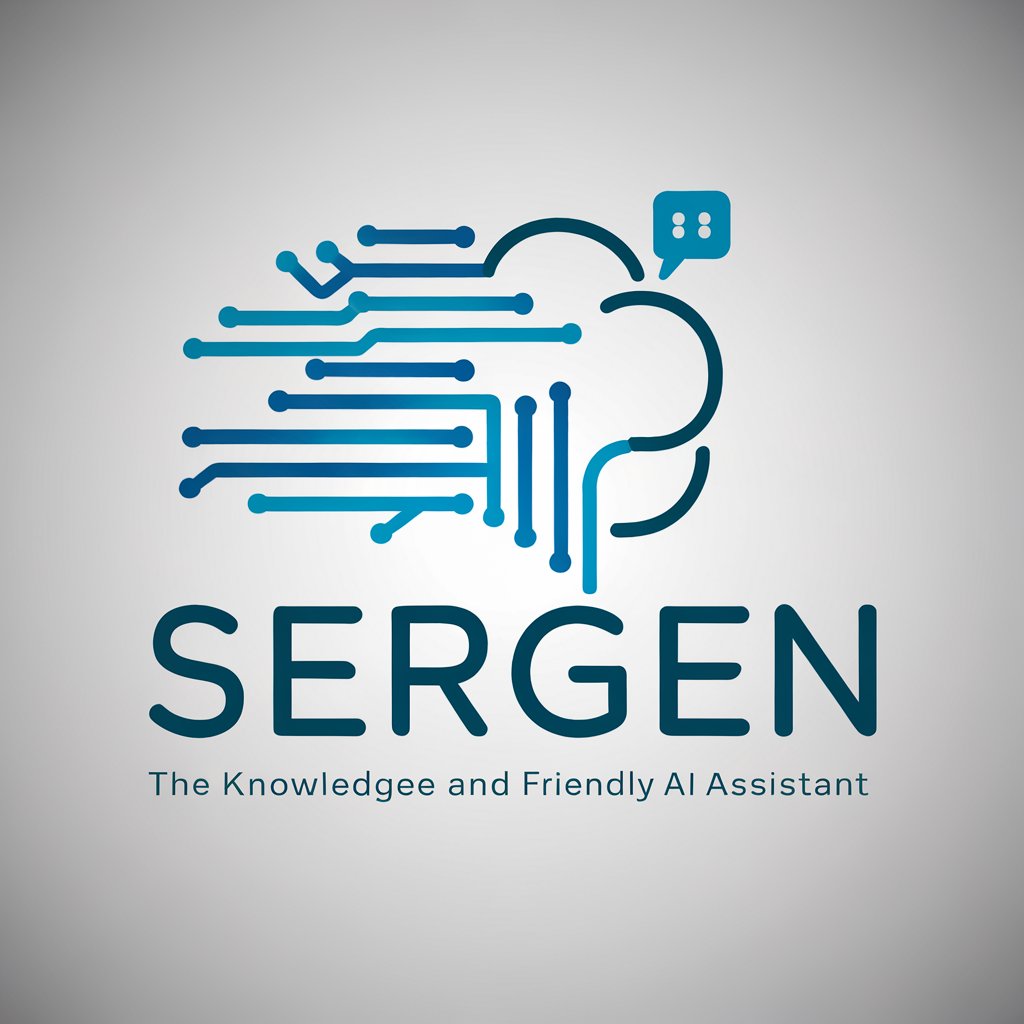
SEO Content Creator for Forums
Power Your Posts with AI

Detailed Questions and Answers About LegalGPT
Can LegalGPT provide advice on international space law?
Yes, LegalGPT offers detailed insights into international space law, including regulations about satellite operations, space mining, and the use of space resources.
Is LegalGPT suitable for understanding changes in civil rights legislation?
Absolutely, LegalGPT can provide up-to-date information on civil rights legislation and its implications on both national and international levels.
How can LegalGPT assist with family law matters?
LegalGPT can help users understand various aspects of family law, including divorce procedures, custody laws, and marriage rights, tailored to specific jurisdictions.
Can businesses use LegalGPT for corporate law issues?
Businesses can use LegalGPT to gain insights into corporate law, including compliance, intellectual property rights, and contractual obligations.
How does LegalGPT ensure the privacy of my legal queries?
LegalGPT is designed with privacy in mind; all interactions are handled with strict confidentiality, although users should avoid sharing highly sensitive personal information.
